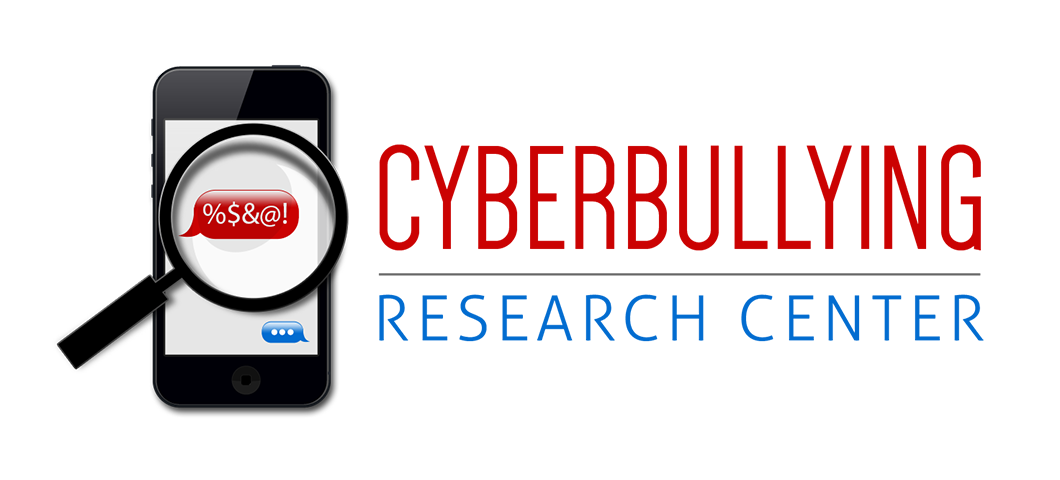
We’ve been chatting with other Internet safety professionals about different conceptions of “cyberbullying.” I’d like to talk a bit about the concept of power, and get some thoughts from readers of this blog. Traditional bullying (in the schoolyard, lunchroom, on the bus, etc.) typically involves a clear power differential. I always think of Biff and George McFly from “Back to the Future.” Teens of today may think of Sharpay from “High School Musical” or maybe The Plastics from “Mean Girls.”
Anyway, in these situations, the bully’s power over the victim tends to come from physical size and strength. Basically, the bully could beat the crap out of the victim, and that’s where the power differential is. Power can also be based on: popularity; social competence; quick wit; extroversion; confidence; intelligence; age; sex; race; ethnicity; or socioeconomic status.
Justin and I have chosen to not include “power” in our definition of cyberbullying because power in cyberbullying tends to be very vague, amorphous, and shifting. For example, anyone with a certain characteristic or possession (such as embarrassing information, or the password of an enemy’s Facebook account, or skills to edit and manipulate digital pictures (photoshopping)) within a certain online context has power – and this power can be wielded through one or more forms of cyberbullying. But that power is not fixed – at the very next moment, someone else (even the victim) can hold the proverbial upper hand. Furthermore, “power” seems implicit in these situations and perhaps goes without saying. Can anyone think of an example where bullying or cyberbullying occurs without a power differential?
Overall, I don’t want to get lost in a meaningless academic discussion; I want to just try to crystallize what exactly we are talking about, researching, and working to address….








Cyberbullying- because in person it’s too dangerous.
I think there are cyberbullying incidences that are not “power” based can be those involving (ex) significant others. They are both bound to know secret, or private, information, right? There for if one ex blogs online about the other in anger, then the other may retaliate with worst, or more embarrassing, information. This could lead to a constant varying “power.” Therefore one can conclude that there is not a power differential….?
Cyberbullying- because in person it’s too dangerous.
I think there are cyberbullying incidences that are not “power” based can be those involving (ex) significant others. They are both bound to know secret, or private, information, right? There for if one ex blogs online about the other in anger, then the other may retaliate with worst, or more embarrassing, information. This could lead to a constant varying “power.” Therefore one can conclude that there is not a power differential….?
At first glance, it appears that there isn't a power differential involved in cyberbullying because bullies can act anonymously using "equal-opportunity" techniques. I think that this initial appearance of equality is in fact an illusion, and I propose three hidden power differentials in cyberbullying: psychological coping skills, social intelligence, and technological sophistication. A teen who has the technological and social knowhow to recognize.and combat bullying tactics, plus the psychological strength to brush off any attempts that get through–is not going to be a fun target for bullies. Someone, on the other hand who lacks these defensive skills will attract bullies to escalate.their torment once they see their victim is "weak."
At first glance, it appears that there isn't a power differential involved in cyberbullying because bullies can act anonymously using "equal-opportunity" techniques. I think that this initial appearance of equality is in fact an illusion, and I propose three hidden power differentials in cyberbullying: psychological coping skills, social intelligence, and technological sophistication. A teen who has the technological and social knowhow to recognize.and combat bullying tactics, plus the psychological strength to brush off any attempts that get through–is not going to be a fun target for bullies. Someone, on the other hand who lacks these defensive skills will attract bullies to escalate.their torment once they see their victim is "weak."